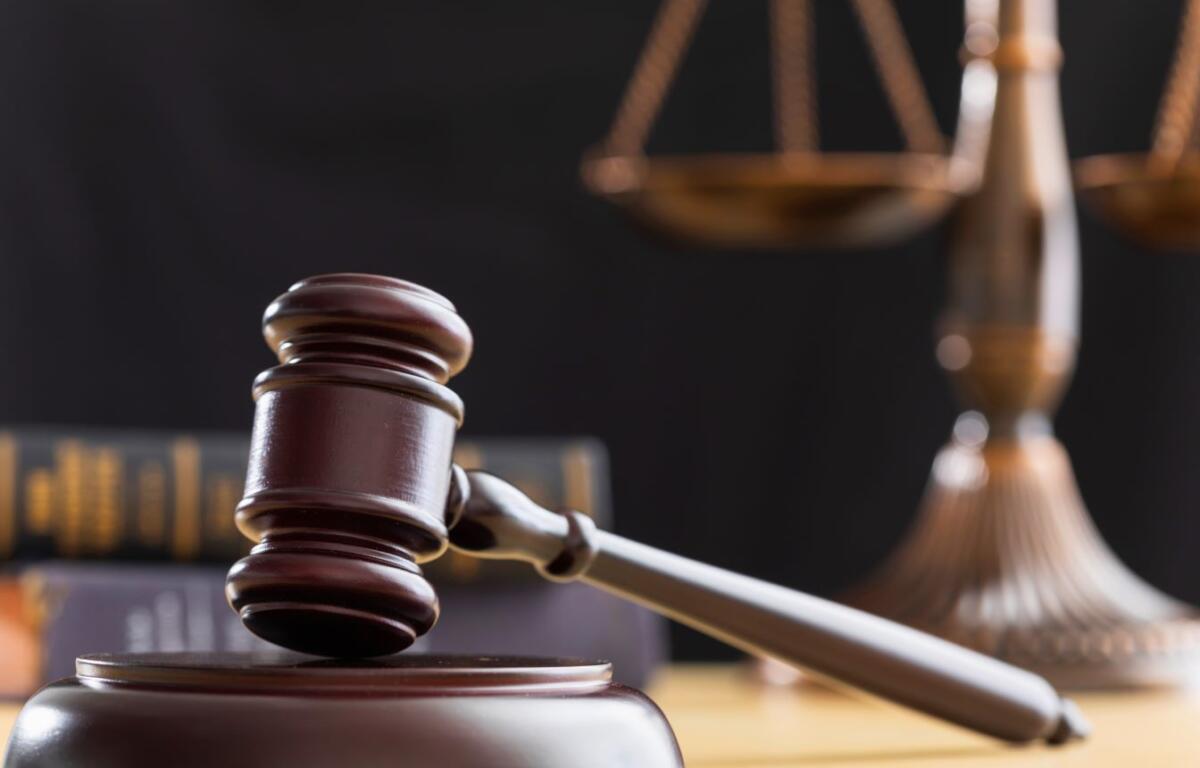Jonesboro, AR — (JonesboroRightNow.com) — July 17, 2025 — If you or a loved one is charged with a crime, you’ll be given bail. However, the exact amount of that bail will vary, and we at Rees Law Firm are breaking down how the setting of bail works.
What Factors Determine Bail?
Perhaps the biggest factor in determining bail amount is the severity of the alleged crime. For example, a felony charge will carry a higher bail than a misdemeanor. Within both classes of criminal charges, the more severe the charge, the higher the bail. For example, a Class Y felony will carry a higher bail amount than a Class D.
In addition, the defendant’s criminal history will play a role in setting bail. If you or a loved one doesn’t have any pending charges or criminal convictions, while those who do might have a higher bail amount.
While setting bail, the judge will also consider the defendant’s risk of fleeing and the likelihood that the defendant won’t appear at their next court date. If you have several failure to appear charges or don’t have any significant ties to the community, a judge may be less likely to grant bail or set it higher.
A judge will also consider if the defendant is a danger to the community. For example, if the defendant is accused of a violent crime, bail will be set much higher or might not be set at all.
What Are the Types of Bail?
In addition, judges can also set different types of bail depending on the severity of the alleged crime and other factors.
For example, a cash-only bond means the accused must pay the total amount of their bail upfront. This might be set incredibly high to ensure the accused stays in jail throughout their trial. These are also to guarantee the person shows up for their entire trial, as after everything is finished, you will get your money back minus any fees.
A cash/surety bond is often used when the accused can’t afford to pay the full amount upfront. With these types of bonds, a friend or relative of the accused contacts a bail bondsman, who will appear in court with the accused and pledge to pay the full bond if the accused doesn’t appear in court. The bondsman will then charge the family a premium, usually 10 percent of the bond amount, and hold some possessions as collateral.
If the accused does not appear in court or doesn’t pay back the bondsman, there can severe repercussions which will vary by jurisdiction.
Own recognizance, or OR bonds, can be issued as well. In these instances, the defendant is responsible for showing up to their court appearances and doesn’t have to pay bail money to the courts. If the accused doesn’t follow these conditions, they will likely be remanded in custody and held in jail until their trial. This type of bond is usually not allowed in high-risk cases.
Any time you or a loved one are accused of a crime, you should have an experienced team of lawyers with considerable experience. For more detailed guidance tailored to your specific situation, don’t hesitate to reach out to us at Rees Law Firm.


